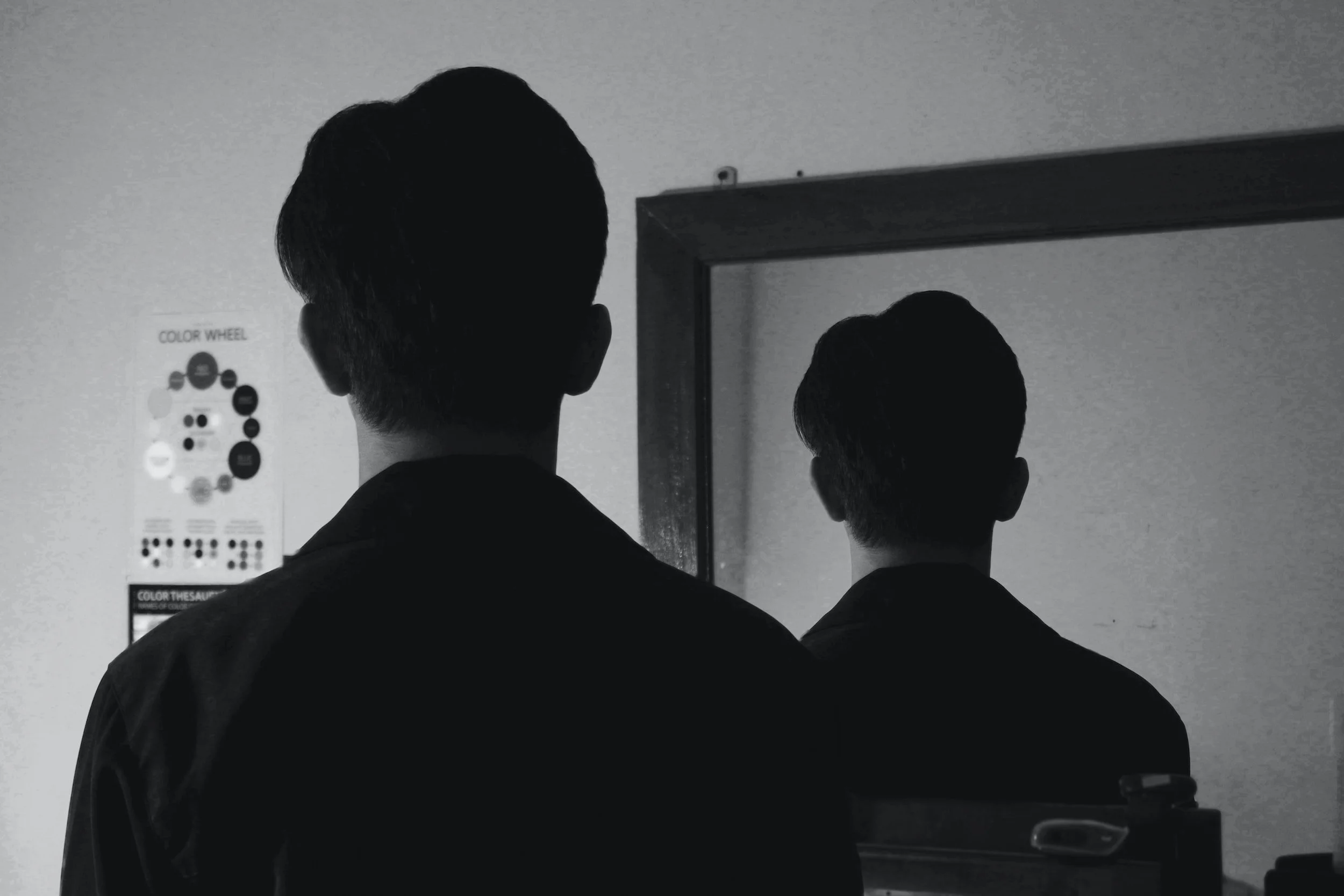3 Reasons We Should Stop Aiming for Perfection
We all know perfectionism as a quality we’re meant to be proud of, especially in professional settings. Society frames the drive to be perfect as a sign of a competent and ambitious individual. The word is synonymous with excellence.
But emerging research in psychological science suggests that we pay a high price for our pursuit of perfection. Here are three ways perfectionism leaves us and our minds susceptible to psychological damage.
1. Perfectionism can be a fast track to depression.
While we all have a general understanding of what perfection is, psychological research buckets perfectionistic personality traits into three categories:
Self-oriented perfectionism: The tendency to demand perfection of the self
Other-oriented perfectionism: The tendency to demand perfection from other people
Socially prescribed perfectionism: The tendency to believe that other people demand you to be perfect
A recent study offers a wake-up call to anyone who views perfectionism as a trait to be admired or to strive towards. The study concludes that perfectionism, in most cases, leads to depression, regardless of the type of perfectionism an individual indulges in. This should serve as a warning not to let problematic and damaging tendencies, such as our perfectionistic tendencies, off the hook even when they result in positive outcomes.
“Our findings begin to shed light on why people continue to pursue perfection despite the harsh realities of imperfection and the costs associated with its pursuit,” explains psychologist and co-author Katerina Rnic.
2. Perfectionism can make you lonely.
Perfectionism can also be classified into three distinct "self-presentation" styles, or ways in which people with perfectionism express themselves to others:
Perfectionistic self-promotion is the active promotion of one’s talents and abilities to impress others. This style shares similarities with narcissism.
Non-display of imperfections refers to not showing one’s imperfections, such as by avoiding participating in activities that could reveal one’s shortcomings
Non-disclosure of imperfections refers to not verbally sharing one’s imperfections, such as by avoiding talking about one’s mistakes or difficulties
No matter how perfectionism manifests itself, it often leads to social isolation over time. The perfectionistic individual goes to great lengths to fulfill unrealistic expectations they have placed on themselves, alienating themselves and other people in the process.
Other times, setting oneself apart as better or more capable than the rest is the whole point of their perfectionism and, therefore, loneliness becomes a natural outcome.
“Even though people with perfectionism often present themselves in ways that they hope will gain others’ approval, these self-presentation styles often backfire,” explains Rnic. “This is because people who use self-presentation styles like self-promotion can be viewed by others as distant, disingenuous, and unlikeable. Understandably, an unwillingness to share vulnerabilities with others can get in the way of forming meaningful bonds with them. Over time, this can lead to profound feelings of loneliness and alienation.”
3. Perfectionism can be inherited by your kids.
In a recent study, psychologists Martin Smith and Simon Sherry found that people who reported having parents who relentlessly encouraged them to be better were more likely to be higher on self-oriented, other-oriented, and socially prescribed perfectionism.
“Demanding, hyper-critical parents raise perfectionistic kids. In particular, hyper-critical, demanding, and controlling parents raise self-critical, demanding, and perfectionistic kids who feel other people are disappointed in them,” says Sherry.
For anyone who might identify as a perfectionist or might fear passing on this trait inadvertently to their children, the psychologists impart the following words of wisdom:
Think about the ways that perfectionism has gotten in your way, particularly in your relationships with others. Try exploring some of the benefits of letting go of the pursuit of perfectionism by asking yourself questions such as: Would you have more time for the things you enjoy? Would it be easier to get started on and complete tasks? Would you get along better with your spouse or partner?
Try out "behavioral experiments" in which you make a plan to practice intentionally making mistakes and doing things imperfectly. As part of these "experiments," you predict what will happen when you make a mistake and then you follow through with the plan to see what actually happens. People are often amazed to see that the sky didn’t fall and that there is much to be said for the freedom of embracing imperfection.
Try and communicate to your child that you value them not only based on what they do but also on who they are. Try to be less controlling, critical, and overprotective of your children. Teach children to tolerate and learn from their mistakes. And emphasize hard work and discipline over the pursuit of perfection.

